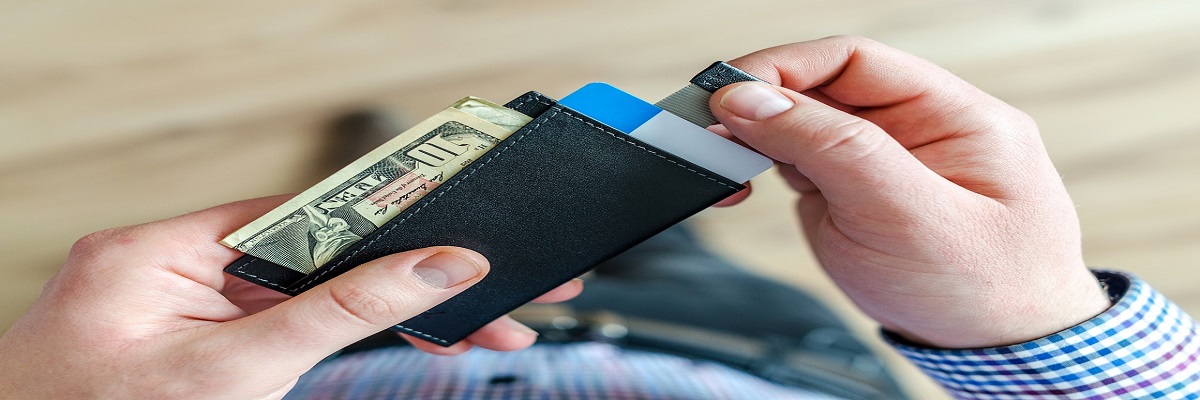Call: 888-297-6203
In chapters 7, 11, 12, and chapters 13 of the US bankruptcy code, some or all of your debts are discharged, that is you will not be liable to pay it back and the creditors you owe like the credit card company or hospitals will not be able to take collection actions against you. You are no longer liable for the debt as it is permanently discharged by the bankruptcy court.
How does the court discharge your debt of not taking your money?
They give you debt relief in turn for your non-exempt properties.
Chapter 7 bankruptcy case or liquidation involves liquidation or selling off your assets in return for debt relief. Your debts can be discharged only after the liquidation of your assets but in most cases, most of the debtor’s assets come under the exemption list and are protected. A Bankruptcy attorney and your bankruptcy trustee will be able to tell you how to proceed, how to deal with your creditors, and what assets come under non-exempt and exempt properties.
A chapter 7 bankruptcy case ends within 6 months after the filing of your case but it is necessary to take the educational classes that are mandatory or else your discharge can be denied.
Some debts cannot be discharged in a chapter 7 bankruptcy case.
The debts that cannot be discharged are-
- Alimony and child support
- Student loans
- Any other educational loans
- Personal loans
- Debts owed in a personal injury lawsuit
- Certain types of tax debts
- Debts of fines for any kind of criminal act
These debts must be paid back according to state and federal law.
Reaffirming debts to stop a creditor from taking your property.
Some creditors can keep your property even after filing for discharge. One way this can happen is through a lien. The creditor can use a lien to enforce payment or take back the property.
For example, if you keep a certain secured property like a house. Your creditor may seek to reaffirm the debt with a lien. There are certain criteria to be filled if you and your creditor agree to the reaffirmation. These are-
- You are liable for this debt
- You will repay some or all of the debt
- You will repay even if the court discharges this debt.
- The creditor will not take the property as long as you continue to pay him or her.
Reaffirmation must occur before the order of debts discharged is entered.
The assets that can be taken in the bankruptcy estate.
Taking all of your assets won’t be reasonable as a debtor files bankruptcy for a new start not a start from scratch. He/she wants debt relief and won’t want to lose all his properties in this process.
The assets that are required by you to start afresh are called exempt properties and the creditors are not allowed to take them back.
Some of the properties that can be included in your bankruptcy estate are –
- Second vehicle
- Second or vacation home
- Expensive clothes
- Some of the jewelry
- Cash, bank accounts, stock, bonds, and investments.
- Family heirlooms
Your creditor will be informed of the debt that is discharged and he/she might sue you but the order of discharged debts is considered final and the creditors cannot sue or harass you after it is declared.
If you want good legal counsel and if you live near Los Angeles & Dallas, TX, reach the Recovery law group – (888-297-6203) or visit https://recoverylawgroup.com/bankruptcy/.

